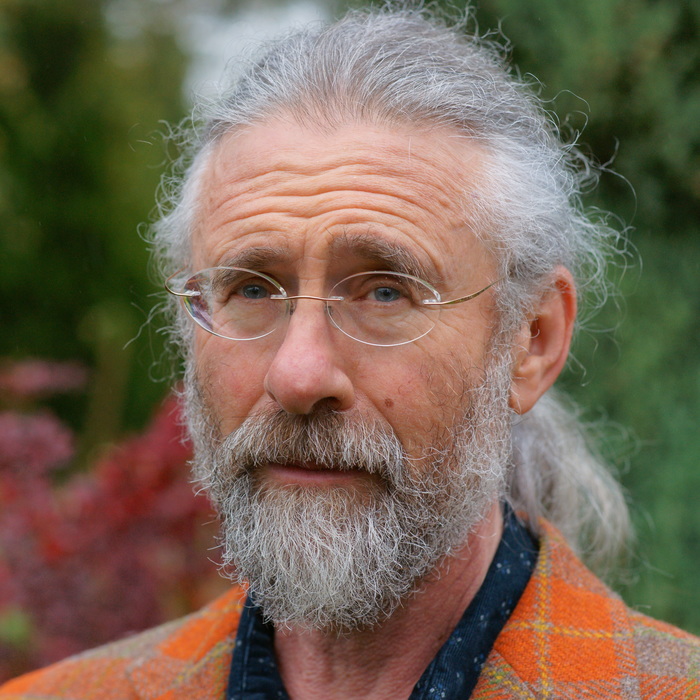The voice of the client needs to be heard, but including it on a website presents difficulties.
As members of the BC Association of Clinical Counsellors, we are not permitted to seek testimonials.
In any case, it would be wrong to ask a client for something to use for advertising. However strong the relationship, however willing the client, there is still a power imbalance and vulnerability. And, of course, the client's name could not go with the testimonial or confidentiality would be lost.
But web-designers and marketing people are adamant that a website should include the voice of those who have used the service. They have a point.
Is there a way to square this circle? Perhaps there is.
My first idea was to collect feedback and offer a synopsis, a paraphrase. But how do I paraphrase such a warm and positive response? It is deeply humbling.
Best I let people speak for themselves.

Clive provides professional support and consultation to fellow counsellors, and he works with colleagues in other helping professions. They understand the 'no testimonials' predicament. And although issues of power and vulnerability remain, they are much less acute.
Accordingly, Clive has begun to request anonymous feedback from those 'professional clients' who wish to provide it. The feedback is emailed to a colleague who removes any identifiers, waits until she has several pieces of feedback (further increasing anonymity) and then forwards it on.
This feedback portrays contemporary, person-centred practice. No surprises there. But the degree of empathy and emotional understanding that I bring are, I am told, unusually high, and my commitment to the journeys of my clients and those I support is 100%. Within reason, I like to be available when really needed—better a 15 minute call at 10pm than the consequences of an ill-judged choice.
A philosopher as well as a therapist, I have capacity for scepticism, logic, and symbolic analysis. Combined with empathy that helps me to understand—to enter another's world—and that plus real acceptance opens most doors over time. I am allergic to jargon and unnecessary complexity. If something cannot be said in ordinary language then it is not ready to be said in public.
One piece of feedback will cause some counsellors unease. Under the broad umbrella of 'supervision', I am equally willing to consider practical, ethical dilemmas; puzzle over hard-to-understand clients; teach experiential focusing; discuss research; or help with personal issues. Although I think I can make a good case for clearly separating supervision and personal-therapy—and I think I understand why some insist on a separation—I am more flexible. I can often teach more by offering therapeutic help to a colleague than in any other way. And I find that I can still say I don't think that's a good idea...
A reasonable question. Judged by what's said here, Clive should be a saint or Bodhisattva.
He isn't, of course. He's a greying, sometimes 'difficult' human being with the usual needs, wounds, and complexity. But this feedback is not really about Clive. It is about how Clive takes part in a therapeutic or supportive relationship. It is that kind of relationship which is so different.
The counselling relationship is for the other in a way almost unknown outside counselling once we reach adulthood. It is a relationship which is not transactional in the sense of I will provide for your needs if you provide for mine. The counsellor's needs are not part of the relationship. Thus 'Clive'—as known to those who experience his needs, etc—gets mostly set aside when working with clients and supervisees.
If it doesn't sound too strange, I intentionally step aside from myself in order to be there for my client. It is remarkably liberating. It is a kind of spiritual practice which, if carried over into the rest of life, probably would move in the direction of sainthood. But I'm not going there any time soon.
The query Is this real? also asks whether this feedback was invented by the 'recipient'. No. I couldn't make it up. If you doubt me, please, contact me, and I will put you in touch with those who can vouch that this is genuine feedback.